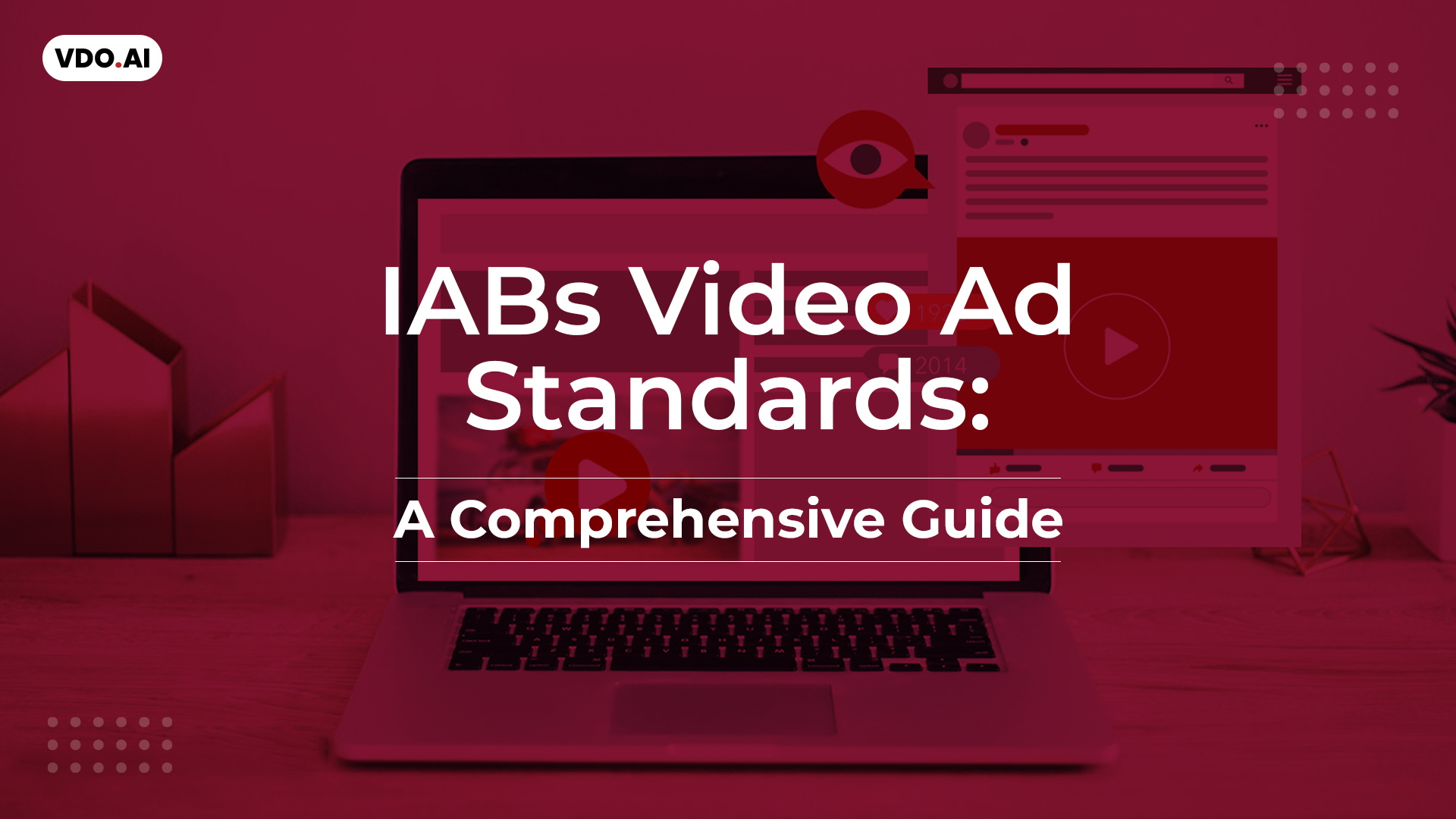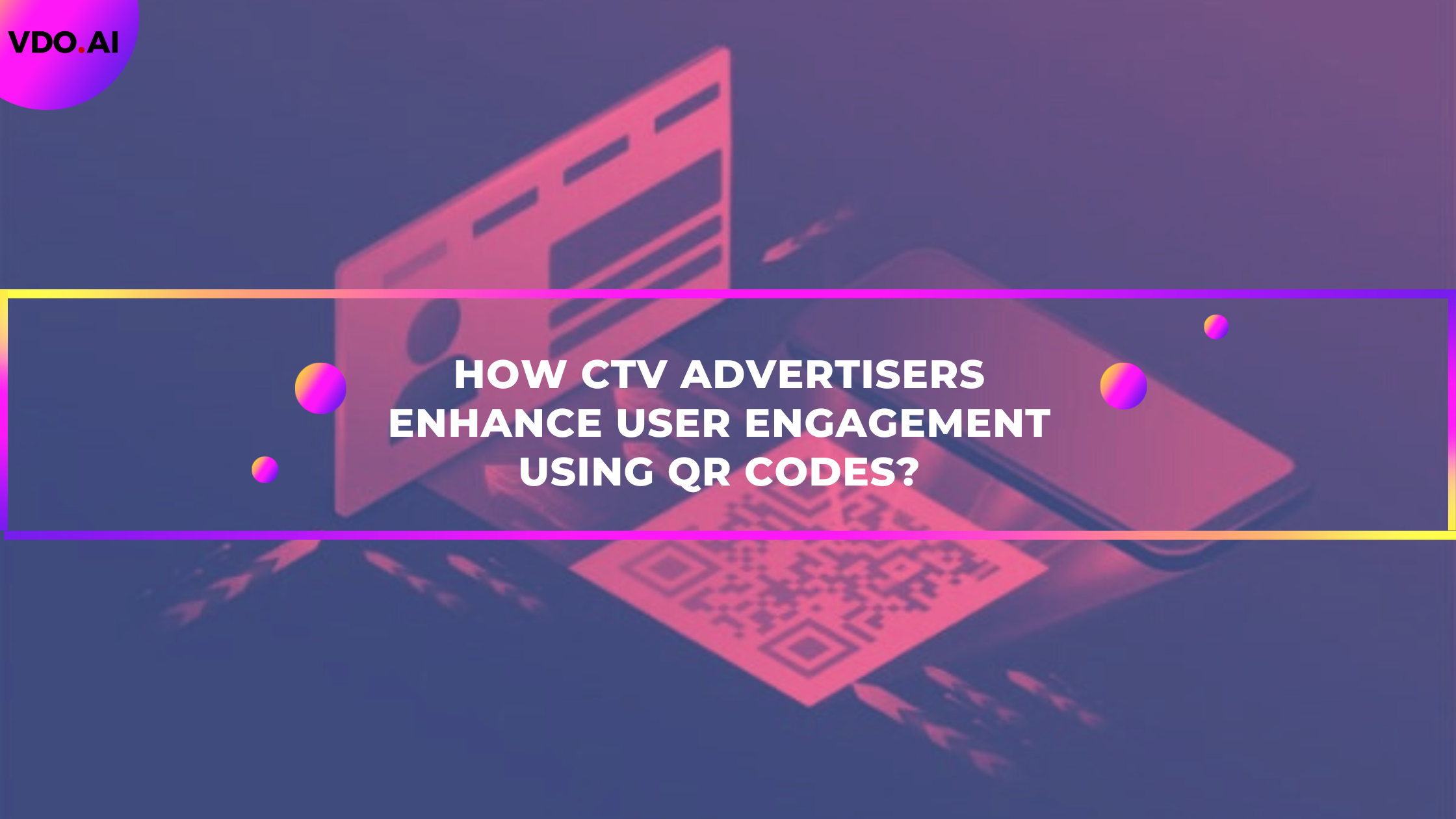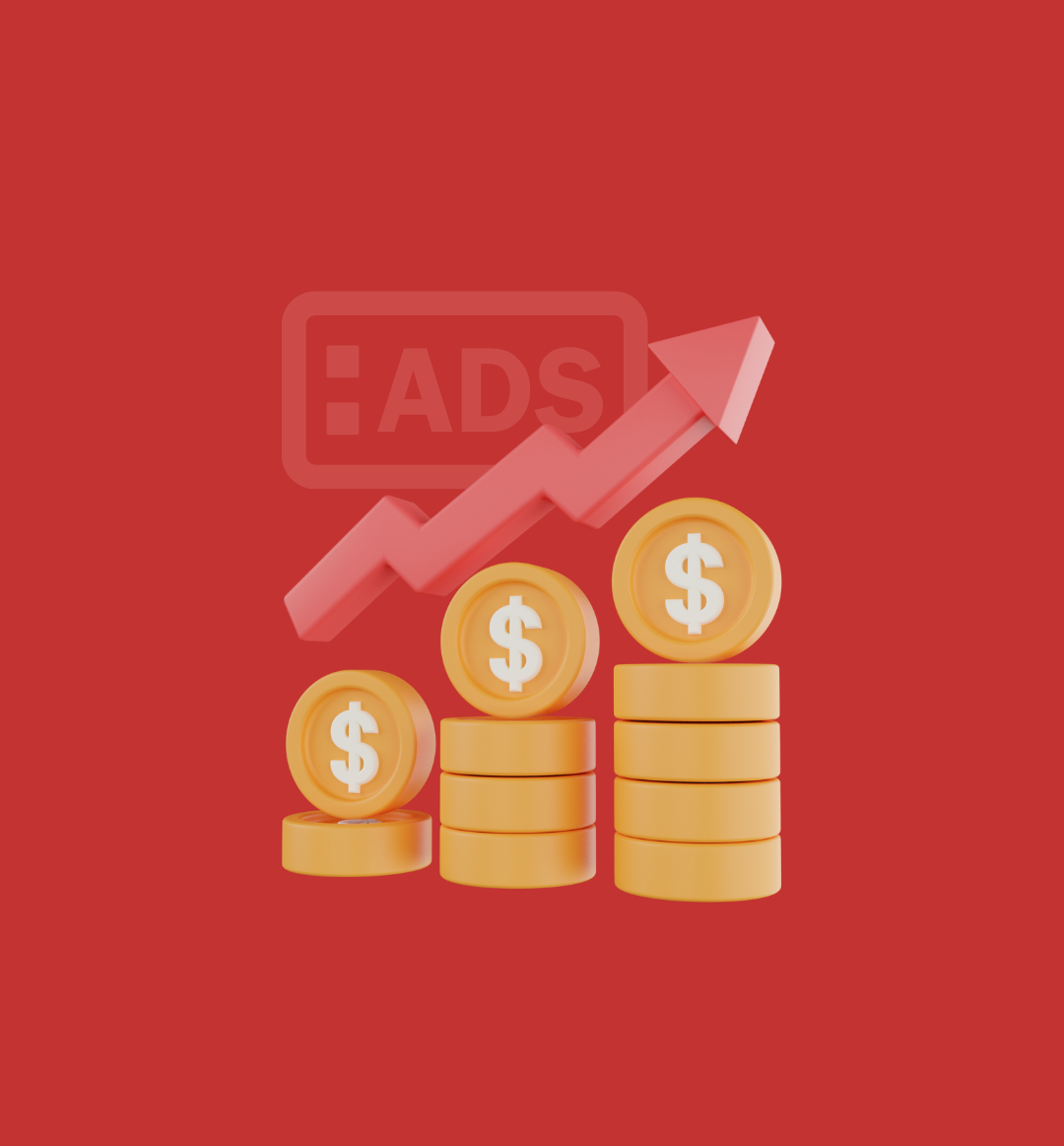What is Ad tech? why you should care? A Guide for Beginners
Reading Time: 4 minutesEver since the rise of the digital era, the internet has become a crucial component of our lives. It provides us with a plethora of opportunities – some of which are monetary as well, such as Ad-Tech. And what better way to earn an income other than advertising?
Ever since consumers began to spend most of their time on digital media and the internet, the digital advertising sector has only become more profitable. As a result, Ad-Tech has surfaced as a popular method for most businesses to earn monetary benefits.
So what are the important things to know about Ad Tech? What role does Ad Tech play in digital advertising? This guide will bring you all the answers.
What is Ad Tech?
Ad Tech is a short term that stands for Advertising Technology. The primary thing to know about Ad Tech is that it comprises the operations and applications that help in managing and analyzing advertising campaigns. It incorporates the complete delivery process, from the content of the ad to its position and who it should be displayed to. Ad Tech uses data and analytics to help businesses influence a more relevant audience, with a lesser budget.
The advertising ecosystem consists of five components, namely – Advertisers, Demand-side platforms, Ad Exchanges, Supply-side platforms, and Publishers. And Ad Tech lies right in the heart of this ecosystem.
Importance Of Data In Ad Tech
Since digital advertising is extremely costly, before running Ad Tech, companies need to be sure they have the capacity for it. It requires technical and logistical expertise. With the help of data, Ad Tech companies can streamline ads and display them to users who might be interested in the company’s business. Hence, Ad Tech is only helpful when relevant and sufficient user data exists.
This user data can be acquired as and when users visit the company’s site. So businesses can either collect this data or buy it. Once the data is collected Ad Tech uses this information to improve ad campaigns to gain a bigger reach while trying to keep the budget at a minimum.
The user data is based on the following parameters:
- Websites from where the user was directed
- The entire journey of the consumer on the website (cursor movement)
- The standard search queries
- The time user spent on the site
- If the user made any downloads or fill any forms
- Provided it’s not blocked; user demographics
- Consumer’s preferences, such as – ad-block is on or off?
- Ad content interaction
Occasionally, some businesses send out feedback forms to their customers. But that data is mostly insufficient. Sticking to these parameters is usually how effective user data is collected. Furthermore, as and when users react with ads, this data is refined further and necessary changes are made to the ad campaign.
Techniques To Generate Revenue From Ad Tech
Another thing to know about Ad Tech is that once a business implements it, the customers interacting with ads become part of the money-making process for them. When it comes to generating revenue from Ad tech, the way users interact with ads is divided into different models. Some of the most popular models include:
Cost Per Action (CPA)
In CPA, the user interacts with the ad directly and takes the action we aimed for, i.e. a conversion. However, this can also include actions that cause the user to consume the product directly, such as downloads.
Cost Per Click (CPC)
CPC is the most beneficial model for contextual-based content. The benefits as well as the risks of CPC are divided between the publisher and advertiser. Over the years, CPC has grown into a click-through ratio. In the new and improved model, revenue is generated on the number of clicks, which is divided by the total impressions collected for the entire campaign.
Cost Per Impression (CPI)
This model is primarily combined with the cost per click ratio. Since CPI does not guarantee conversion, it is mostly preferred by ad publishers, instead of advertisers.
Cost Per Lead (CPL)
CPL comprises when the ad content gets the contacts of the consumer, with the help of their interaction with the ad.
Why Is Ad Tech Important?
One of the fundamental things to know about Ad Tech is that it’s objective is to reach customers. This objective mirrors the objective of ad agencies that strive to push their brands to customers who are looking for specific products. As a result, Ad Tech is important for ad agencies. Here are some of the reasons why Ad Tech is beneficial for Agencies:
Customized Ads
In today’s day and age, agencies cannot follow the one size fits all policy. Customers these days have lots of choices which is why using the same content for the same user across multiple platforms doesn’t work anymore. Agencies need to customize their ads according to the platforms they are displaying it on. If you fail to provide the customers with something they want, they will move on to a different product. Ad Tech can help agencies in understanding the requirements as well as preferences of users across different channels with the help of data interpretation.
Communication
The strategy of sell and forget can no longer suffice in today’s digital age. Companies need to communicate and understand their client base better in order to sell them what they want to buy. Agencies can try new and innovative methods to attract customers with the help of content, design as well as other media. But all their efforts will go to waste if this content does not reach the customers who are actually interested in purchasing the product. This is where Ad Tech comes into the picture. Ad Tech helps agencies in reaching those customers who are truly looking for the product they are trying to pitch.
Client Expectations
The online world is constantly evolving and coming up with new strategies frequently. This often leads to Agencies not being able to keep up with the trends. But the truth is, most brands don’t care about strategies as long as their agencies are giving them sufficient ROI in terms of conversion. This is why Agencies need Ad Tech. Ad Tech helps in analyzing the target audience and offer solid estimations on who is looking for a product. As a result, the conversion rate goes up significantly.
Conclusion
Ad tech has expanded swiftly and exhibits no signs of slowing down in the near future. As it proceeds to increase its reach, agencies will be able to benefit from ad tech’s and develop more combinations, data sharing, extensive reach across all channels, as well as cleaner integrations against content. When ad tech and agencies partner up, user experiences will be more polished. Moreover, agencies will get compensation for their dedication to adopting the perks of an enduring relationship with ad tech providers.





